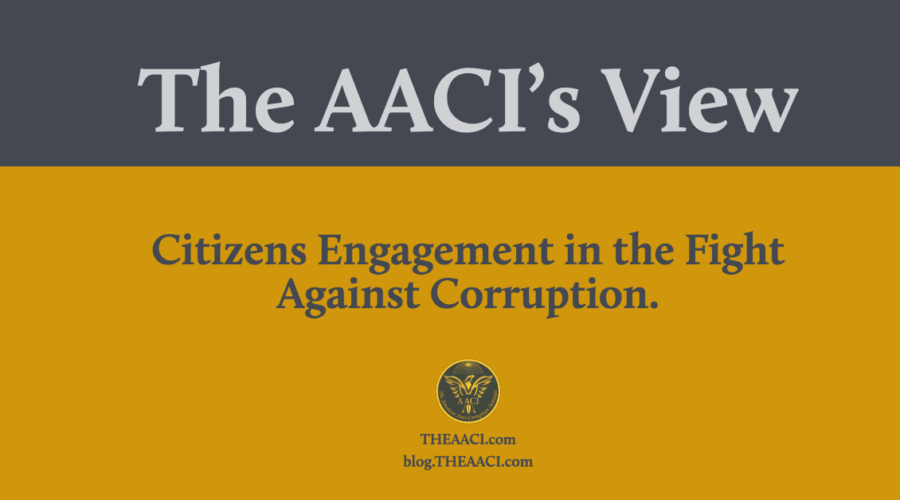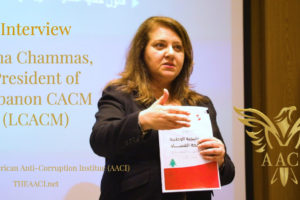September 24, 2019
Technical Staff
Citizens are the central pillar of an effective fight against corruption. They pay the corruption costs where the poor suffer the most. They also exist in all economic sectors where corruption occurs. Therefore, those charged with governance and decision makers are also citizens of their communities. If one wants to know the extent of corruption in an entity, economic sector, or a country, he must ask all stakeholders who are ultimately citizens. So how serious the citizens’ role and opinion is concerning the fight against corruption?
It is imperative. It makes or breaks any national anti-corruption strategy. It is a significant determinant factor of the effectiveness of the national anti-corruption commission if nay. Countries, where corruption prevails, should engage their citizens in the fight against corruption. Those countries should be aware of the fact that there is a confidence gap between citizens and public institutions. The confidence gap should be measured periodically and be the driver to eradicate corruption.
It is the government responsibility to engage citizens in its fight against corruption. The engagement process should be strategically set and not tactical. The engaged process must establish transparent anti-corruption objectives and set the role of citizens in the implementation process. Above all, citizens must believe the government is truthful in its fight against corruption, and they shall reap its benefits.
When citizens are not adequately engaged in the fight against corruption, they jeopardize national security. It is no wonder that social unrests and riots erupt in counties that failed their citizens and failed in their fight against corruption. Nations building and corruption do not coexist. Corruption is the cancer of nations.











































